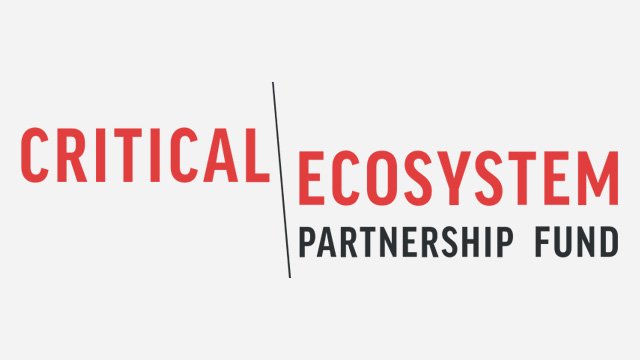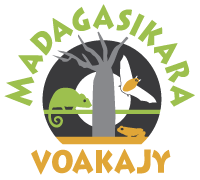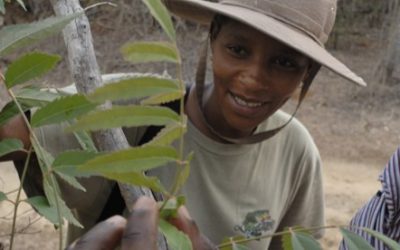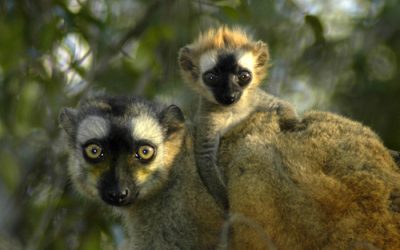The Guinean Forest of West Africa, home to a quarter of Africa’s mammals, is threatened by unregulated logging, hunting, pollution and climate change. A new masterclass enhancing the organisational capacity of civil society organisations (CSO) has sewn the roots for a brighter future for the area.
A project led by The Tropical Biology Association, in collaboration with BirdLife International, A Rocha Ghana and Save the Frogs! Ghana, hosted the masterclass in September 2024, bringing together eight CSOs from Ghana, Ivory Coast and Sierra Leone.
The practical three-day training and field excursion equipped managers working in CSO’s with the skills to tailor conservation projects to the needs of the Guinean Forest. The biodiversity hotspot is home to a variety of unique species including primates.
“The event was designed to enhance the organisational capacity of these CSOs, so that they can have more impact in conservation,” said TBA’s programmes manager Basil Okoth. “We are putting people at the centre of conservation in Africa.”
He said that participants learned to design conservation projects “that effectively address the region’s most pressing challenges”. Expertise in managing donor funds and incorporating gender considerations into conservation efforts were also vital for sustainable strategies, he added.
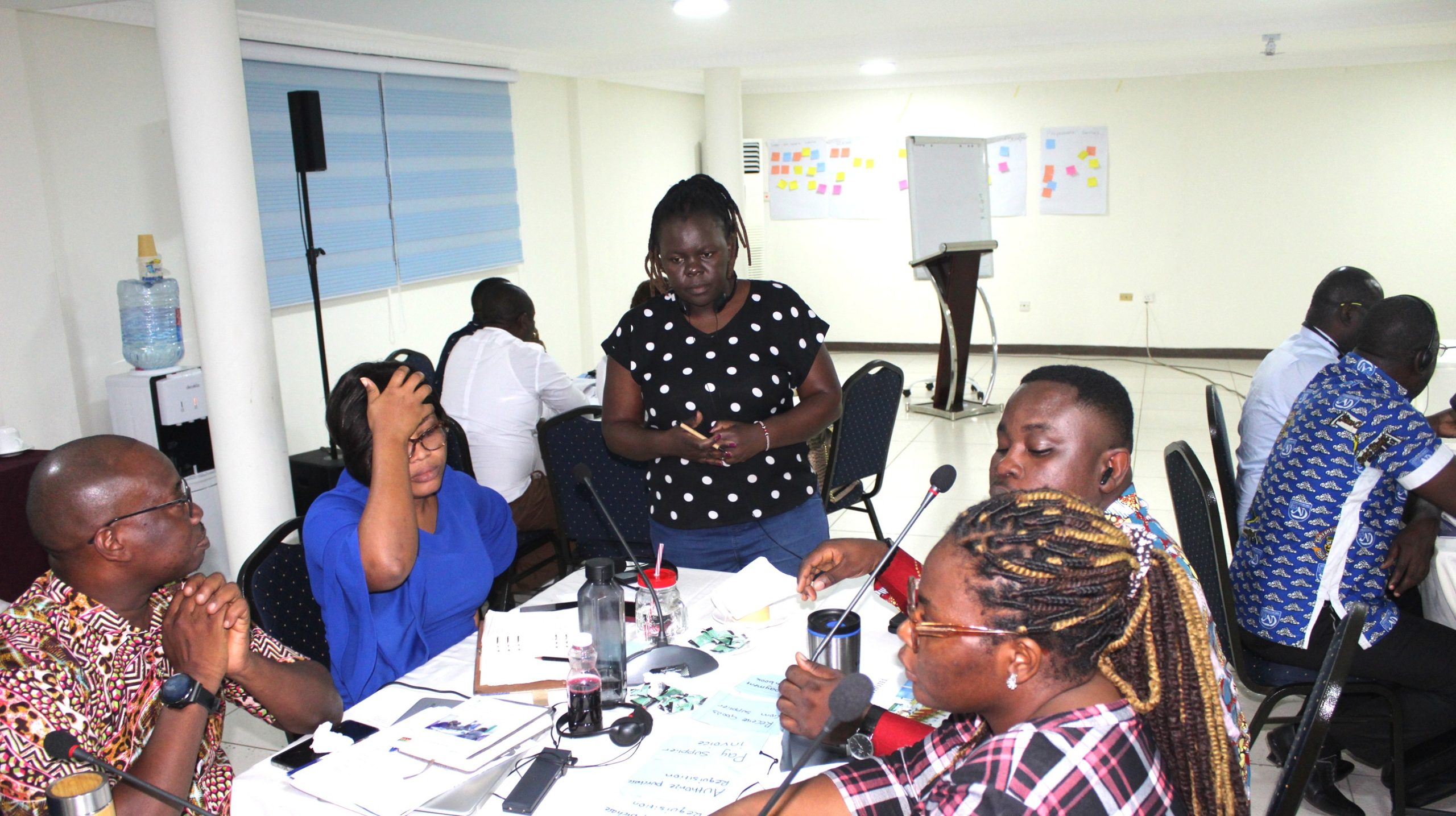
“The hope is that the trained participants will return to their respective countries and apply the knowledge gained,” said Okoth.
Financial managers said it was very useful to learn first-hand about the Critical Ecosystem Partnership Fund’s financial reporting and contract requirements related to finances and budgeting. This will benefit their current grants and future proposals.
For Ghanian student Kwame Boafo, the interactive nature of the course proved a huge benefit. “This workshop has improved my ability to design projects, raise funds and effectively manage grants,” he said.
Project managers reported increased knowledge for designing conservation projects, measuring the impact of their own work and projects.
Kamelan Marius from the Ivory Coast enjoyed the hands-on nature of the training. “It was a very practical training based on lessons learned and it featured speakers who have a strong command of their subject.”
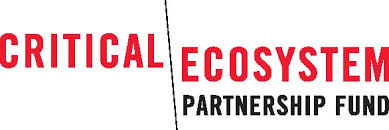
The master class was funded by the Critical Ecosystem Partnership Fund, a joint initiative of l’Agence Française de Développement, Conservation International, the European Union, the Fondation Hans Wilsdorf, the Global Environment Facility, the Government of Japan and the World Bank. A fundamental goal is to ensure civil society is engaged in biodiversity conservation.

